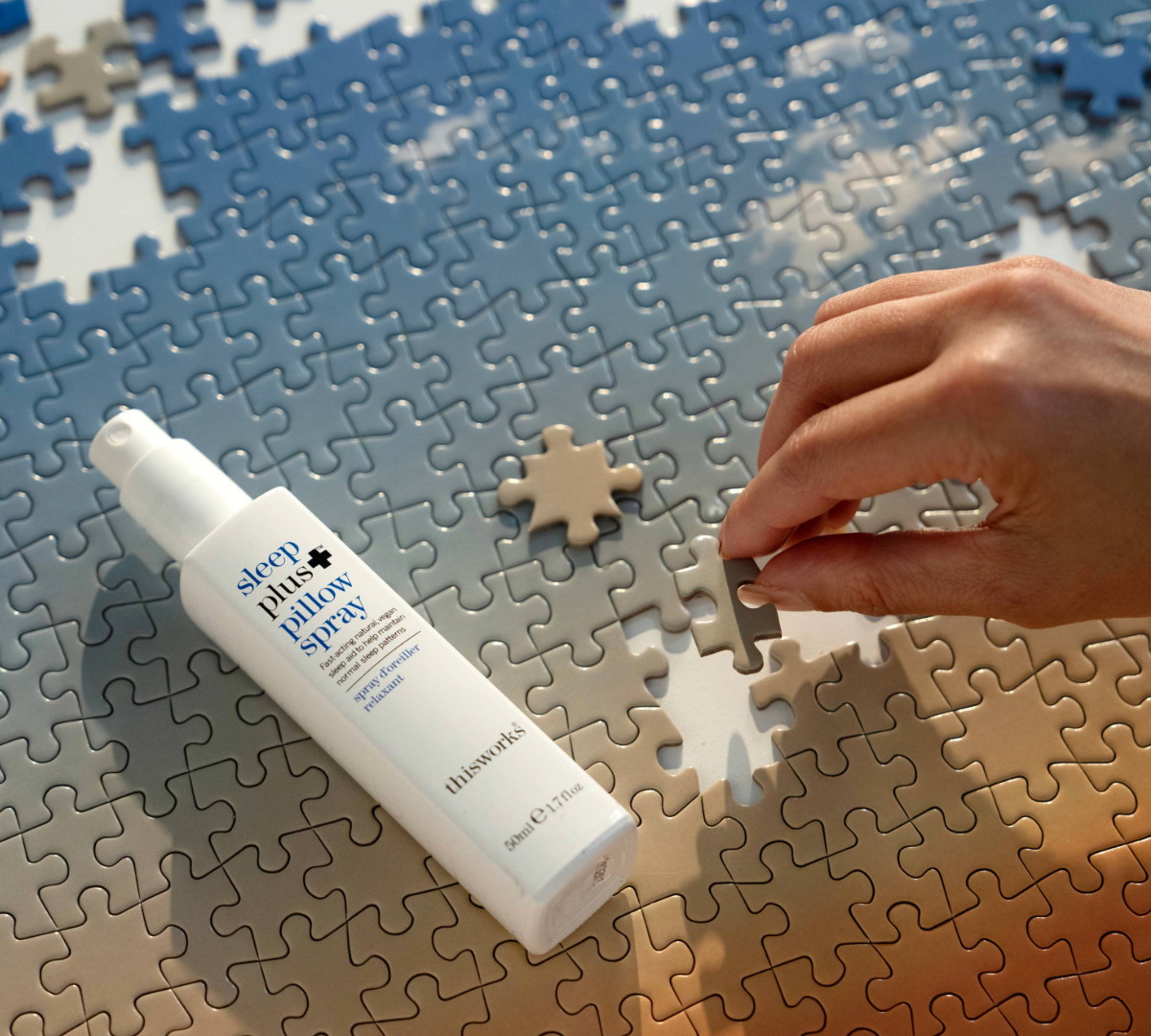clock change: spring forward with ease

After a long, cold winter, the change in clocks is a welcome event for many. Once the time springs forward an hour at 2 am on Sunday 26th March, evenings will be longer, travelling to work will be lighter and hopefully, temperatures will begin to warm up. However, while the change in time only brings an extra hour of daylight, it can take longer for our biological clock (or circadian rhythm) to adjust. Here, we explain why this small change can affect our bodies and share tips on making this transition a little easier on ourselves.
Our circadian rhythms are 24-hour cycles that are part of the body’s internal clock which regulates essential functions like temperature, hormone levels, metabolism, appetite, sleep, and wakefulness. Many of these functions (particularly how and when they are carried out) can influence each other, which is why eating late at night, being too hot or cold and feeling stressed can all have a detrimental effect on our sleep. To get good-quality, restorative sleep, it is fundamental that our body’s internal clock is functioning at its best. We all have a master clock that communicates with the many other clocks ticking throughout our bodies to carry out functions. This clock (or group of nerve cells in the hypothalamus called the Suprachiasmatic Nucleus) is synchronised with the external light-dark cycle, and it sends signals to the rest of the body’s clocks according to light cues. A sudden external change in the environment or regular schedules can leave the master and peripheral clocks out of sync. This is why doing shift work that goes into the early hours, travelling across time zones or staying up late at night can quickly throw off our sleep.
During Daylight Savings Time, the clock time becomes less aligned with the sun, but our environments remain the same (unlike when you travel time zones), which is what leads to a de-synchronisation between the circadian phase and the time on the clock. This spring clock change has more of a powerful effect on our sleep-wake cycle than the autumn transition does and has been reported to impair our nighttime sleep for up to a week following the initial shift. On average, an adult tends to lose about half an hour of sleep the day after the clock changes, and it is normal to feel especially sleepy on this day. A survey conducted by the American Academy of Sleep Medicine in 2019 on 2003 adults in the US showed that 55% of people felt very or somewhat tired following the change, with women more likely (62%) to feel tired than men.
When our circadian rhythm is thrown off, our sleep-wake cycle is disrupted, which can lead to frequent waking, and a groggy feeling that is hard to shake come morning. This lack of sleep, however small it may be, can negatively impact mood, cognitive function, attention span, focus and decision-making. Interestingly, missed medical appointments have been shown to increase significantly the day after spring DST, proving that this little shift can have a huge effect on many people. Some people will find this change harder than others, with migraine sufferers, teenagers who tend to stay up later than most and 'night owls’ being amongst the worst affected. The good news? Parents of very small babies needn’t worry, as newborns have not yet developed a circadian rhythm.
There are a few conscious actions you can take ahead of (and after) a clock change to help get yourself back on track and your sleep where you want it to be. By gently tweaking your routines and habits leading up to the day, it can make the transition smoother. Professor Gaby Badre shares his tips below.
To align with the new daylight hours, it can be helpful to move both your usual bedtime and wake-up time forward by 15-30 minutes two to three days before the clocks change. For some, it may help to start with 10 minutes and build this up to 30 minutes over the 3 days. Slow and steady wins the race here!
Getting out in natural daylight and turning your face to the sun (whilst not looking directly at it) for 10-30 minutes (as close to waking up as you can manage) cannot only help lift your mood, but it triggers the release of dopamine and rises cortisol levels first thing. While cortisol is widely associated with stress, it also signals to the body it's time to wake up, which helps increase focus, boosts the immune system, and sets us up for the day ahead.
A late afternoon walk when the sun is lower in the sky helps us fall asleep easier later in the day. 10-30 minutes of low-level sunlight can counteract the effects of overhead and strong office lighting has on our body clock. Exposing the receptor pigments in the eye to this lower angle of light helps to anchor the body clock, trigger the release of melatonin that helps us fall asleep smoothly and minimise the impact of DST.
Switching off the ‘big lights’ in your home, lighting candles or turning on warm lamps will not only create a calming ambience for the nervous system, but it helps to release melatonin too – the hormone needed to help us get ready for sleep. Bright, artificial lights should be totally avoided between 10pm and 4am, as these reduce sleepiness and can throw off the circadian clock. Even low level of light in the bedroom has been associated with impaired sleep and metabolic dysfunctions, so it is best to avoid carrying out any tasks in your sleeping space after this time. If you want to read a book or apply some skincare, candlelight or very dim lamps work best.
The extra hour of daylight can make people more likely to stay up later, which can mean dinnertime and snacking happens later into the evening, too. While it’s tempting to reach for the chocolate and crisps, our food choices can also have an effect on sleep, as it becomes harder to fall asleep when we are having digestive issues, and harder to wake up in the morning feeling alert. Even a small sleep deficit can increase Ghrelin (the hunger hormone) and suppress Leptin (the hormone that tells us when we are satisfied), which is why people may find themselves hungrier than normal and having more food cravings the week after DST. Also, don’t be surprised if the biscuit tin starts calling your name and your regular smoothie doesn’t hit the spot like it usually does. When functioning on less sleep, hunger tends to alter our food choices, and unhealthier options can be more appealing.
In the same way that shifting your sleep and wake times before the clock change can help, moving the usual time you would eat breakfast, lunch, and dinner forward can have the same effect. Leading up to the 26th, eating your three meals 15-30 minutes progressively earlier can help anchor the circadian rhythm and get the body used to its new routine. Avoiding large meals, spicy foods, or those that cause heartburn or irritate the digestive system can help you rest easier. Leaving a 4–5-hour gap between your last meal of the day and bedtime increases sleep duration and decreases awakening after sleep.
















